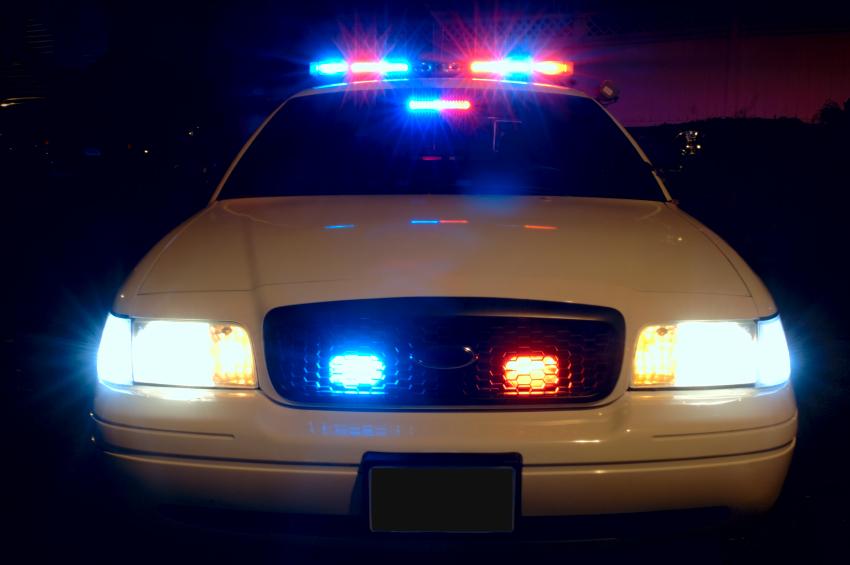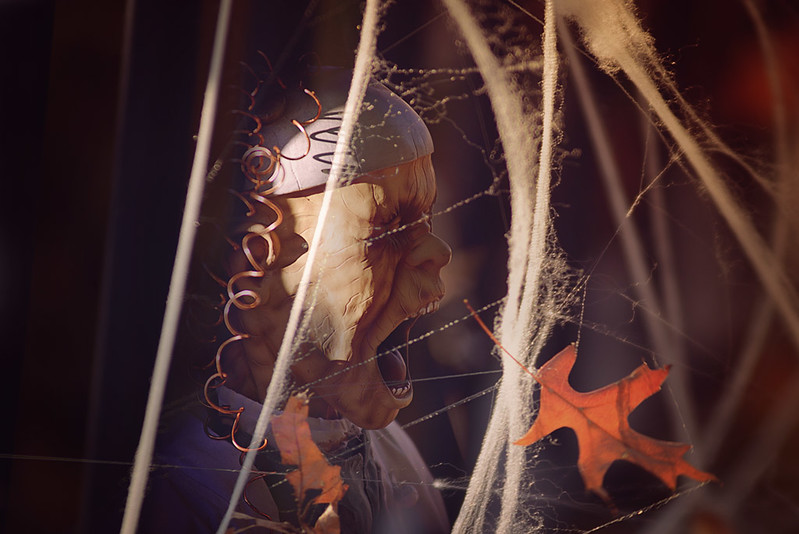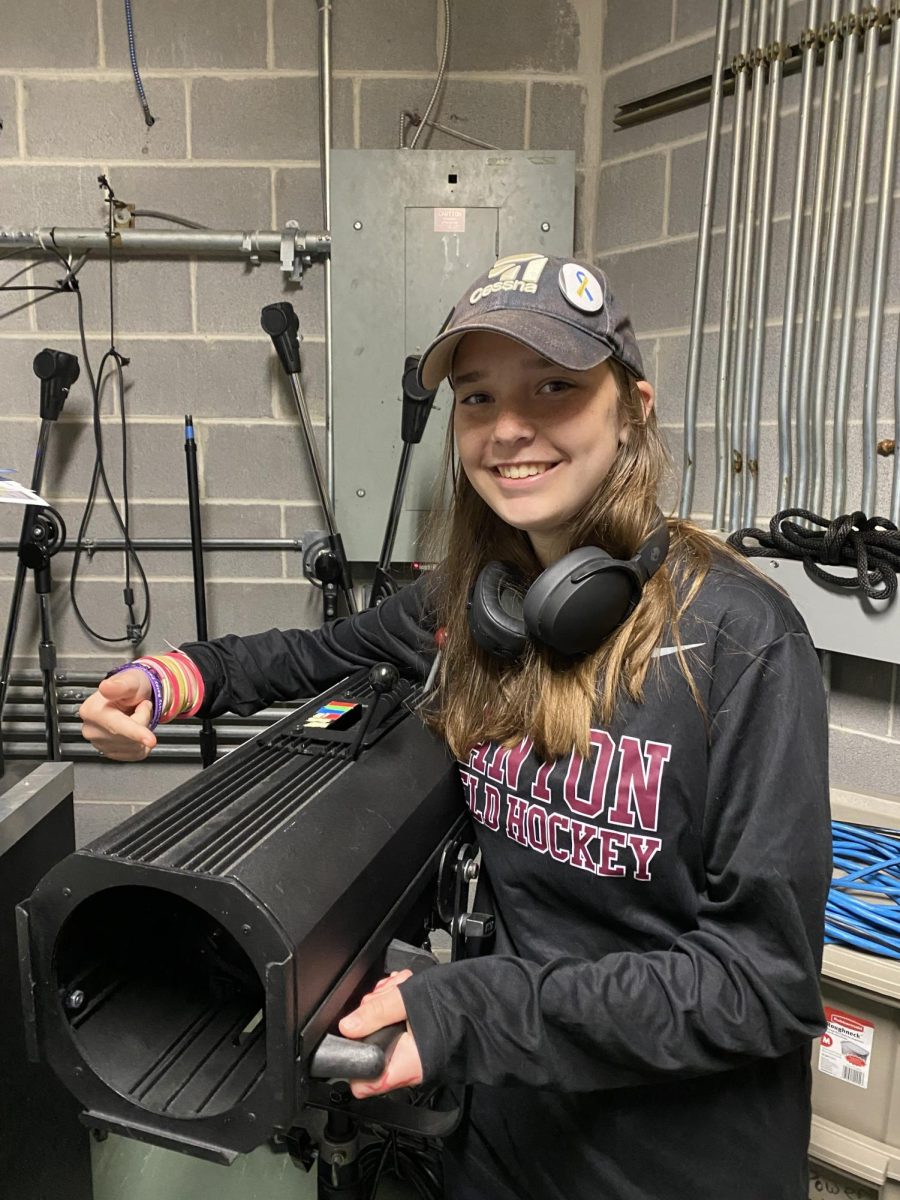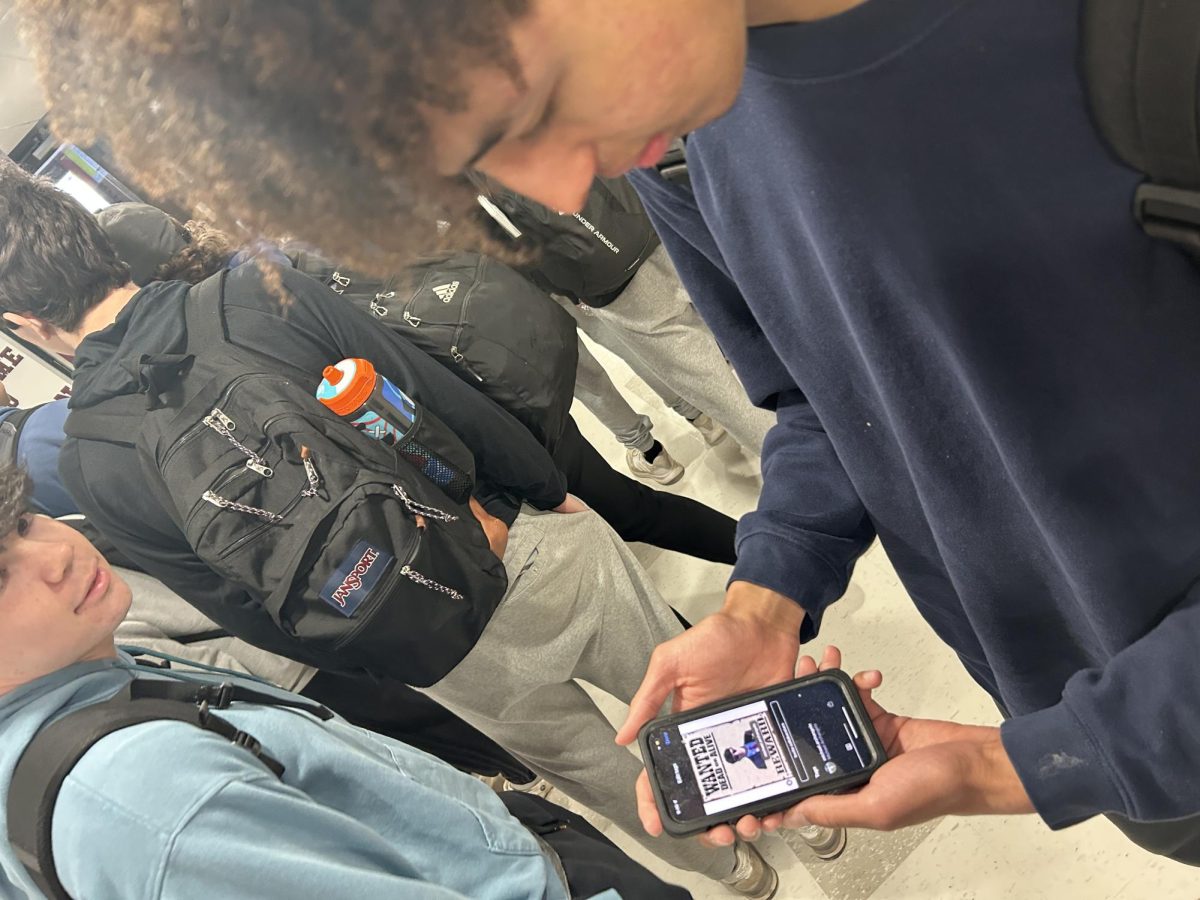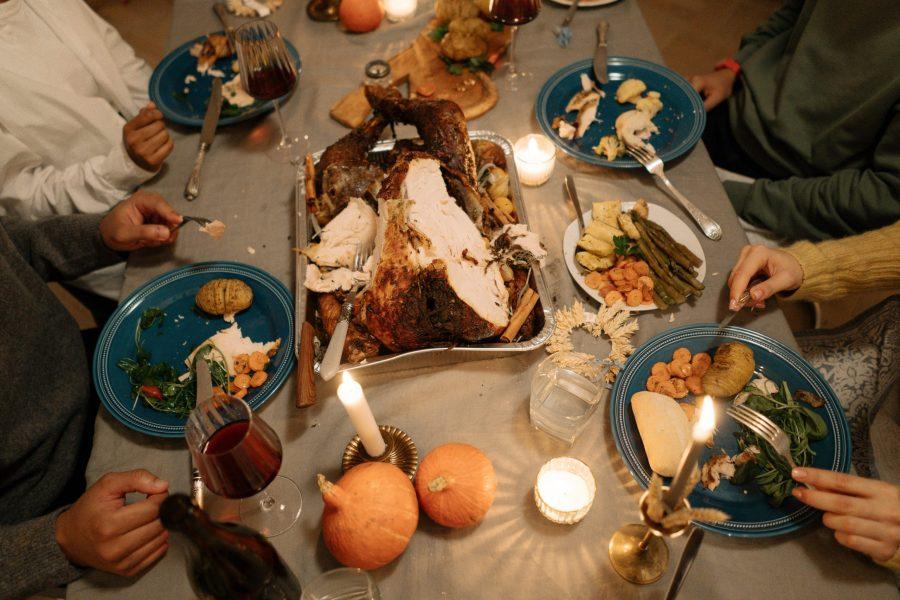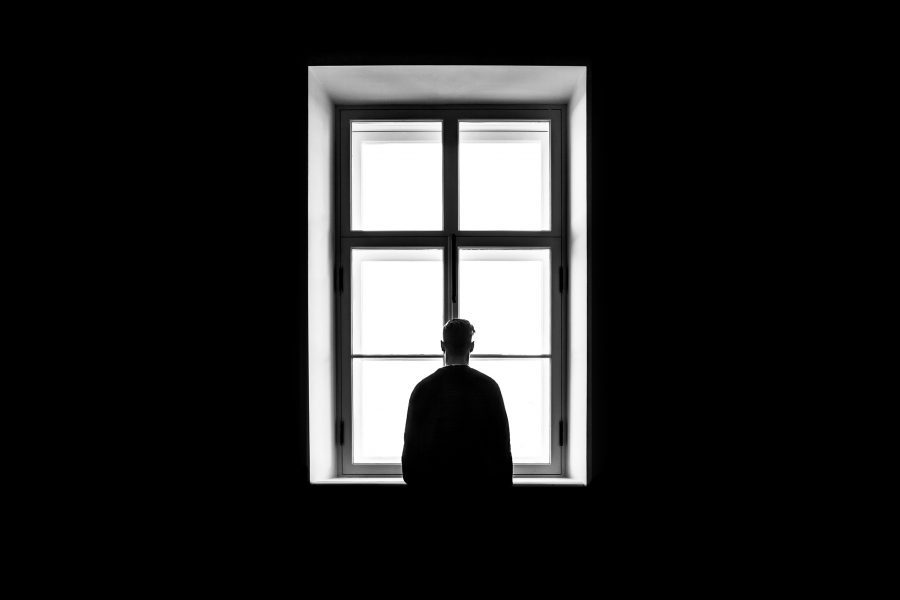Curfew is a part of life for teenagers. Connecticut Law states that a teenager who has their driving license and is under 18 may not be on the road past 11 p.m. except for special circumstances. If found driving past 11, you may be fined or have your license temporarily suspended, depending on the context. Although this law has been around for decades, some parents have chosen to make their own curfews for their kids or to just ignore the rule altogether.
Some people see curfew as an archaic law that breaches constitutionality, or more specifically, the right to assemble in public. There has been only one Supreme Court Case that dealt with curfew laws: “Kiyoshi Hirabayashi v. United States in 1943. This case was concerning the curfew imposed upon Japanese during World War II. It was upheld because the court felt constitutional rights were less applicable in times of war.” This court decision implies that if the United States was not in a time of war that curfew could be considered unconstitutional if brought up into the judicial branch now. This certain perspective of curfew makes many see it more as a novelty than a real piece of policy.
Another argument about not obeying state curfew for teenagers is that it is rarely enforced. Chris Thomas, a high school senior doesn’t think the police enforce driving curfew laws. “All my friends drive. Out of all of them, not one has ever been pulled over by a cop when driving past curfew. Thomas thought that “you would have to be driving like an idiot to get pulled over.”
Recently, some parents have started to make their own curfews rather than having their kids be home by 11 pm. High school senior Lindsay Vacca says that her parents do not always let curfew be the guiding principle. “They don’t really care but they like me home at a reasonable hour. It doesn’t have to be 11, but rather a appropriate time that makes sense for the situation.” Most parents are reasonable when curfew is violated if their kids learn their lesson. “overall there were no real consequences long term. Just a quick conversation and it was over and done with,” said Vacca.
Although curfew laws were originally established to keep kids from staying out past a certain time, it has slowly become old and draconian in practice. Officers seem to not make catching people after dark as much as much of a priority as other crimes. Parents have also started to make exceptions to their kids, and some seem the law as a basic violation of their rights as American citizens. All these things considered, it is reasonable to say that the curfew may become a thing of the past.
The Curfew Question
April 26, 2018
Are teen curfew laws enforced? – photograph by Scott Davidson via Flickr
0
More to Discover
